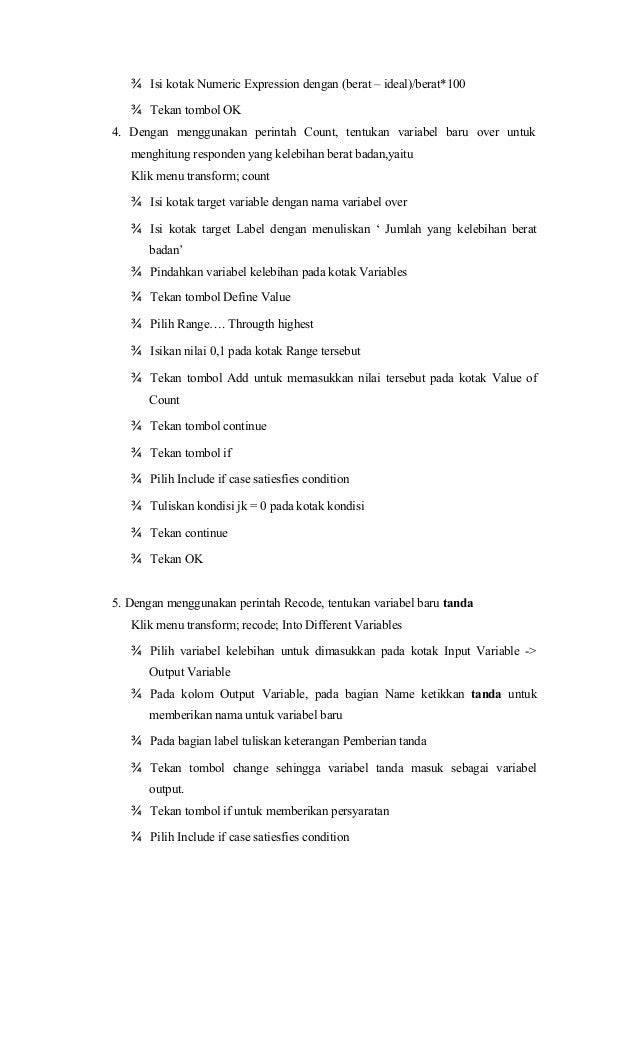
Using online corpora to develop students’ writing skills. Investigating the role of task value, surface/deep learning strategies, and higher order thinking in predicting self-regulation and languageĪchievement. Identifying with the L2 self: study abroad experiences of Japanese English language learners. Learning and Individual Differences, 61, 158–171. Exploring profiles of academic help seeking: A mixture modeling approach. The Electronic Journal for English as a Second Language, 18(2), 1–19.įinney, S. Self-regulated learning, goal-oriented learning, and academic writing performance of undergraduate Iranian EFL learners. Univeristy of Kansas: Center for Research Learning.įarsani, M. Influence of academic self-regulation, critical thinking, and age on online graduate students’ academic help-seeking.

Teaching and researching motivation (2nd ed.). Journal of Southest Asian Education, 2(2), 309–322.ĭörnyei, Z., & Ushioda, E. Cultural Constraints in the Implementation of Learner Autonomy. Procedia - Social and Behavioral Sciences, 191, 2549–2553. The relationship between self-regulation, motivation and performance at secondary school students. Educational research: Planning, conducting, and evaluating quantitative and qualitative research. An investigation of Taiwan University students’ perceptions of online academic help seeking, and their web-based learning self-efficacy. The effect of subconscious learning vs performance goals on performance on a complex task.

Importance of ongoing motivation for EFL writers’ performance : The Journal of Asia TEFL, 13(4), 280–293. WEI International Academic Conference Proceedings, 63–76. Academic writing difficulties of ESL learners. Introduction to research in education (8th ed.). Journal of Asian and African Social Science and Humanities, 4(4), 60–75.Īry, D., Jacobs, L. Motivation matters in adopting prewriting strategies and improving writing achievement among Banglasehi adult EFL learners.

Theory and Practice in Language Studies, 3(9), 1552–1557. An investigation study of academic writing problems faced by Arab postgraduate students at Universiti Teknologi Malaysia (UTM). This research offers implications for the university and thesis advisors.Ībdulkareem, M. However, even when the overall measured results were good, the support from other people including from the university staff were needed, especially in cultivating students’ self-regulatory mechanism. The findings suggested that self-regulation, help-seeking, and motivation-regulation were important for students to finish their challenging undergraduate thesis. Furthermore, it was revealed that self-regulation had a positive, significant, and moderate correlation with help-seeking (r=.461), and a positive, significant, and high correlation with motivation-regulation (r=.648). The results showed that the students generally demonstrated a high level of self-regulation, help-seeking, and motivation-regulation. Under explanatory mixed-method framework, this research aimed to investigate how Indonesian EFL undergraduate students self-regulated their thesis writing process and to what extent their self-regulation assisted them to seek help and regulate their motivation. To date, there has been little research on EFL undergraduate students’ self-regulation, help-seeking, and motivation-regulation in thesis writing, especially in Asian context. Type Undergraduate thesis writing necessitates EFL students to self-regulate themselves, particularly in overcoming the difficulties they encounter and maintaining their motivation.


 0 kommentar(er)
0 kommentar(er)
